How the Next Generation of Healthcare Tech is Shaping Proactive Treatment
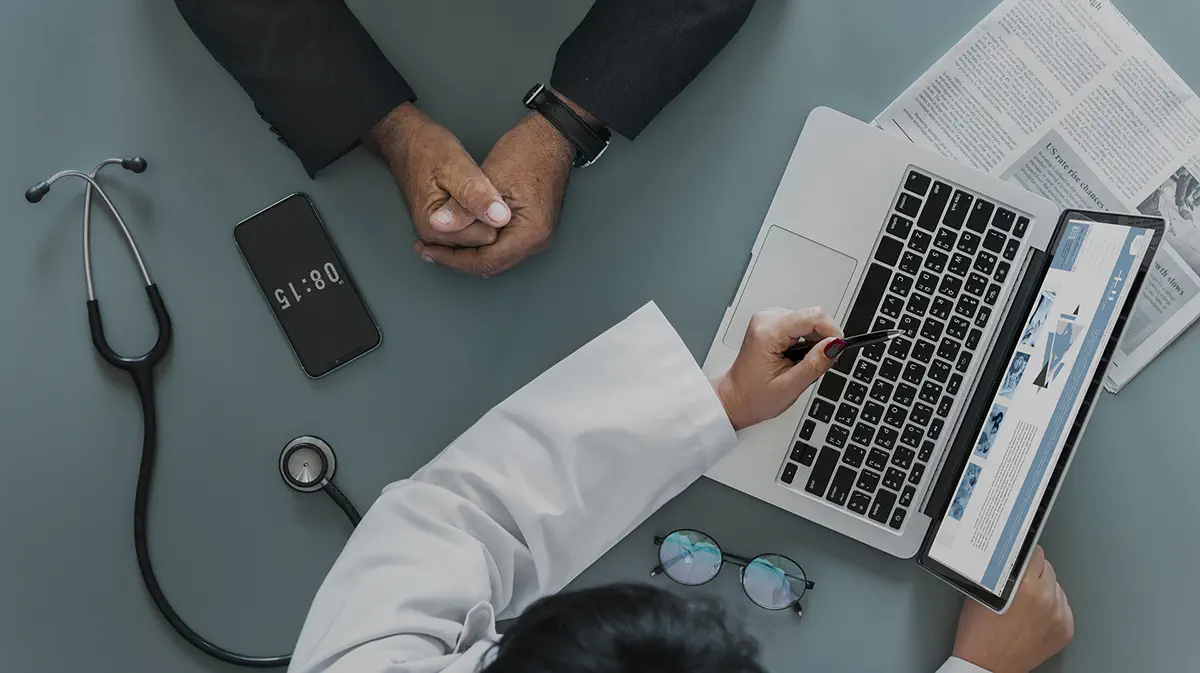
Digital technology and medical software development are radically changing healthcare. From research and development to new treatments, apps, platforms and wearables and having a profound impact.
Search engines and social networks are also changing the ways patients seek out information and treatments, even if that means going abroad for a cure. Healthcare needs to keep innovating. Whether you live in a country where it’s public or private funded, or a hybrid of the two, as a sector it’s under enormous strain.
In developed countries - with aging populations - the impact of age-related and chronic diseases, such as cancer and diabetes, are crippling health providers. Waste also plays a big impact in the ongoing need to find new solutions to serious challenges. In the U.S. alone, The Institute of Medicine estimates that $750 billion of medical spending is wasted every year (around 30% of health-care spending) “on unnecessary services, excessive administrative costs, fraud, and other problems.”
One way to reduce this waste is taking a proactive approach to treatments.
Providing proactive treatment
Medical providers, insurers and pharma companies know there is more than enough data that can be used to accurately identify high risk patients. For example, people whose lifestyle and diet mean they could become diabetic, have a stroke or a heart attack, would benefit from proactive health monitoring.
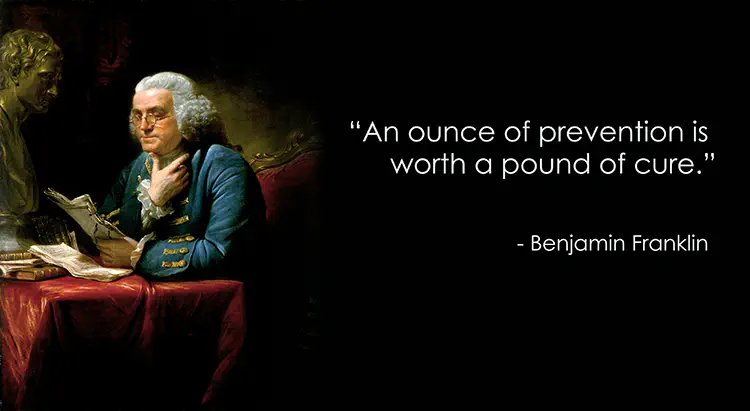
Instead of medical providers waiting for someone to present symptoms, we have the technology for proactive health care to prevent problems long before they occur. Risk indicators, such as weight, age, dietary choices and a patient’s families medical history are a few of the ways doctors could choose patients who would benefit from proactive monitoring.
Bringing together apps, wearables and other healthcare tech would make it possible for doctors to keep a closer eye on a patient’s dietary and exercise choices. Armed with this data and relevant health tech solutions, doctors can help patients make smarter choices; ways to reduce calorific intake, units of alcohol consumed and stop smoking.
Connected devices could help encourage patients to exercise more. More complex monitoring is also possible. Alongside illness prevention, doctors can use apps and wearables to monitor the impact of treatments. Patients will feel more empowered to manage their own health, with access to support and coaching around the clock. All of this contributes to a reduction in the demand placed on healthcare providers and therefore the overall cost of healthcare.
Increasing access to proactive health care
Access to healthcare is not universal around the world. It depends on the state of economic development and in many cases, geography. However, as we have seen with finance, digital technology is giving many more people access to the level of healthcare needed to increase lifespans and improve the outcome of treatments.
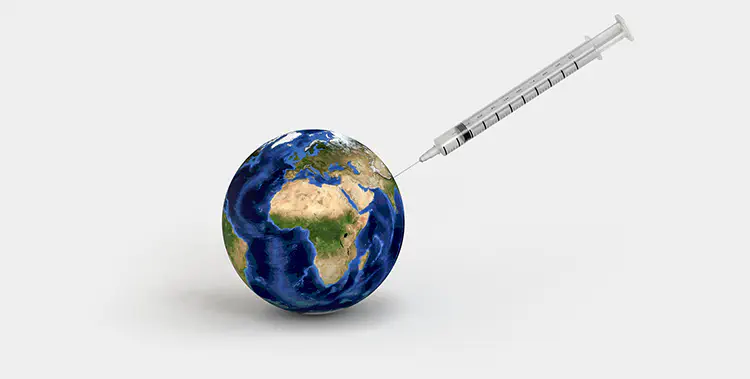
In Indonesia, for example, a country with hundreds of remote islands and rural regions, infant mortality is one of the highest in the world. One of the most serious challenges is that pregnant women in rural areas and islands rarely have access to qualified doctors. Medical provisions vary greatly between developed cities and other areas of the country. Now with medical apps, midwives can collect medical data from pregnant women, then send the information to obstetricians and gynecologists to improve the outcome of pregnancies.
Midwives in rural areas of Uganda are sending compressed ultrasound to specialists, thereby improving the safe delivery of healthy newborn children.
Joining the dots
Healthcare that remains responsive, instead of proactive, will continue to be expensive and wasteful. Patients are only going to get the treatments they need when proactive medicine becomes a continuum. When we monitor - as a normal part of our lives - everything from how much we sleep, eat, exercise, and other indicators as needed - we can reduce the risk of falling victim to chronic diseases.
A healthcare sector with access to relevant, timely data, can play a proactive role in the lives of everyone to improve health instead of attempting to cure someone only after something has gone wrong. Focusing on healthy living and introducing proactive treatment and health solutions is far more cost-effective than treating patients for chronic diseases and other health problems.
Not only would a proactive connected approach improve outcomes, but it would also boost the global economy. Healthier people are more productive. Healthier people live longer. With a smart, connected strategy and the right technology - which already exists - we are equipped to treat patients more effectively and encourage healthier choices.
So we can expect priorities and resources to shift steadily from traditional to proactive medicine provided through monitoring and detecting early signs of health issues. This will drive up demand for relevant technology tools and will create new amazing opportunities for healthcare innovators and start-ups.
Have an idea for a healthcare app?
Don't want to miss anything?
Subscribe and get stories like these right into your inbox.
Keep reading
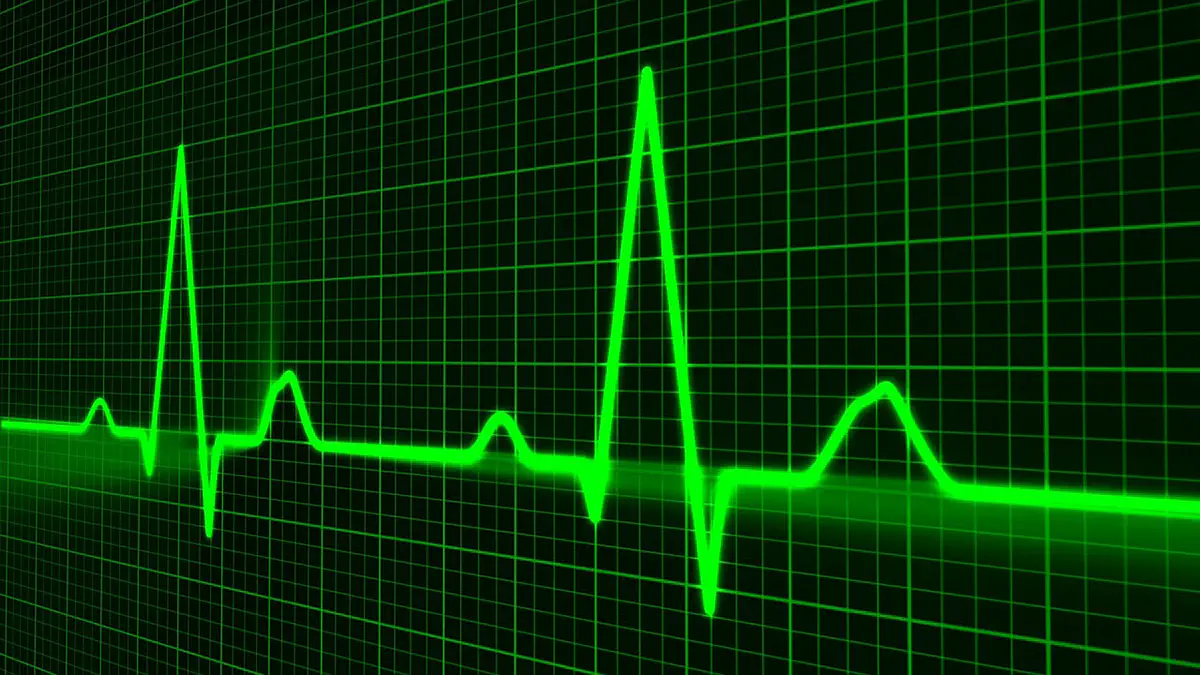
Crafting a Data Strategy for Digital Transformation in Healthcare
Technology bridges digital and physical care, helping doctors strengthen patient connections. By 2017, over 95% of hospitals used health IT, reshaping healthcare
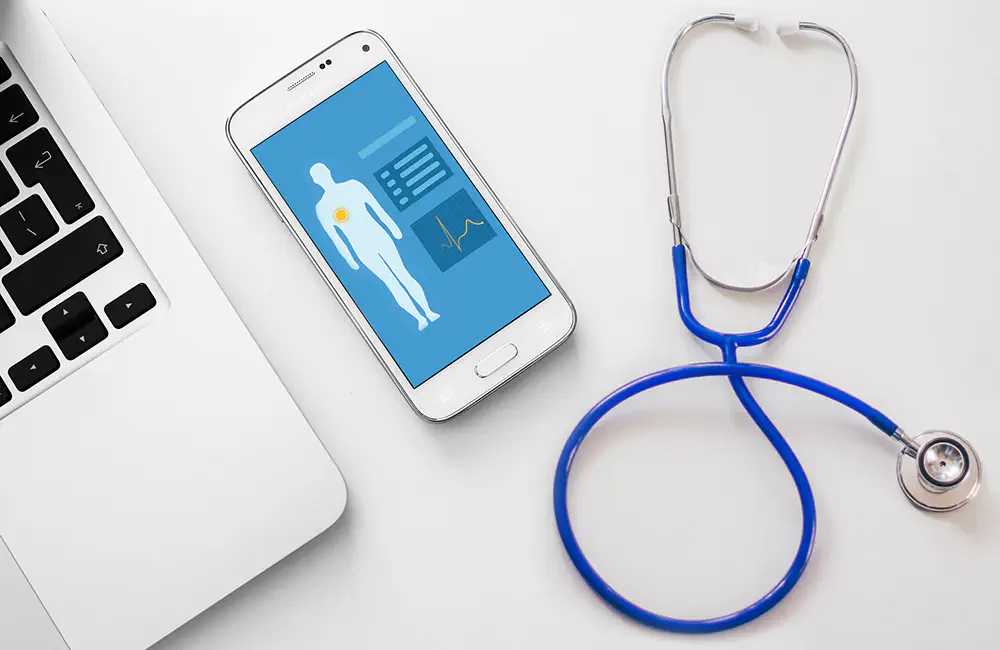
The Future of Healthcare: Connecting Medical Devices with Health Apps
Health apps are increasingly popular across all age groups, with millions using them for tracking fitness and wellness. There are over 320,000 health-related apps available.
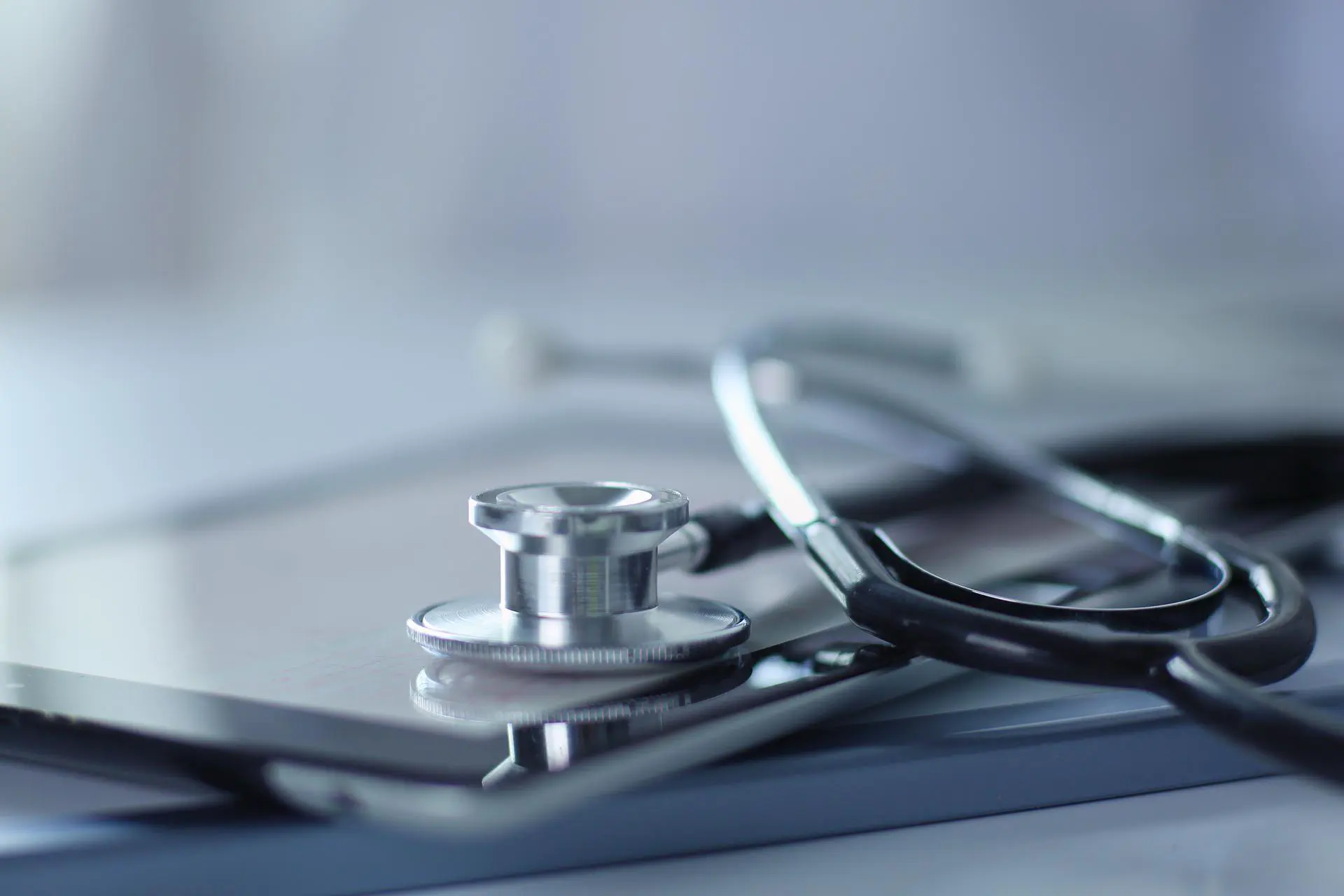
Best AI Agents for Healthcare: What You Should Know
If you are looking for a reliable AI agent for healthcare, check our list of the best-rated tools and select a solution that addresses your needs.
Contact us
Let's explore how our expertise can help you achieve your goals! Drop us a line, and we'll get back to you shortly.